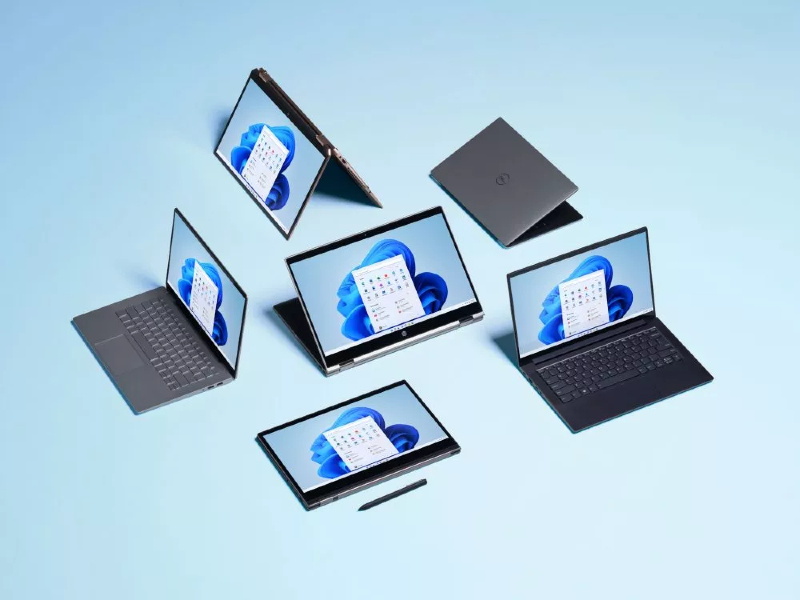

Still the 10th generation software is an easy package to recommend for business use. Parallels doesn't stand alone in this market Vmware Fusion 7 has only just been released, offering a similar feature set and better Yosemite support. After all, you can run virtualised instances of Windows, Linux or whatever you need on a Mac, but thanks to Apple's control over the OS X platform, you can't say the same with OS X on a Linux or Windows PC. Parallels makes easy work of all these scenarios, and running virtualised environments on a Mac gives you more flexibility than running them on a PC. During testing it couldn't find a networked printer using the standard Windows installation method but was capable of using printers already installed in OS X. Parallels detects devices connected via USB and offers you the choice of using them under OS X or within the Windows VM. At least 4GB of RAM is recommended, and if you'll get the best performance with high-end Core or Xeon processors. To get Parallels up and running you're going to need at least an Intel Core 2 Duo processor and 2GB of RAM. And if you use Office 2013 in a Windows VM, then it's perfectly happy working with your SkyDrive account or SharePoint server as far as Windows is concerned, it's just an ordinary, everyday PC. Parallels also shares specific folders between your OS X system and your Windows VM, and will use the Share functions of OS X to post to Twitter, Facebook and other social networks from within your Windows applications.īest of all, it can also share cloud storage services between both machines, so that you can install Dropbox on your Mac and then access/add files from the Windows-based folder. DOCX Word file opens in a Word for Windows window rather than Pages on OS X, for example. It's also possible to set file associations so you a. For one thing, you can copy text or objects from an OS X window and paste them directly into a Windows application. Here each Windows application runs in its own Window, floating on top of the OS X desktop, and with its own icon in the Dock.

Perhaps the most interesting option, however, is Parallels' Coherence view. Mousing to the top of the screen reveals the Apple menu bar, and you can still CMD-Tab between your VM, the OS X desktop and applications, giving you the best of both worlds. There's an option to do this in the Parallels Desktop menu, so no heavy lifting is involved.Įven in full-screen mode, OS X is available. You do need to install Parallels' Desktop Tools software on the guest OS before you get the right screen resolution and all features working properly. You can run a VM full-screen, so that a Windows 8.1 VM looks and works like a standard Windows 8.1 PC. Parallels 10 steps up the integration between Windows and OS X.


 0 kommentar(er)
0 kommentar(er)
